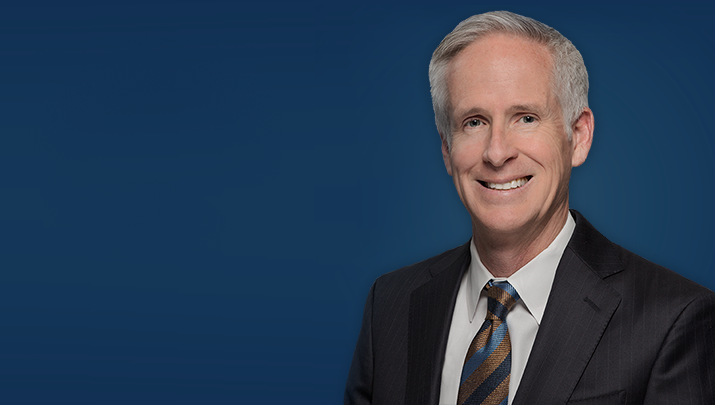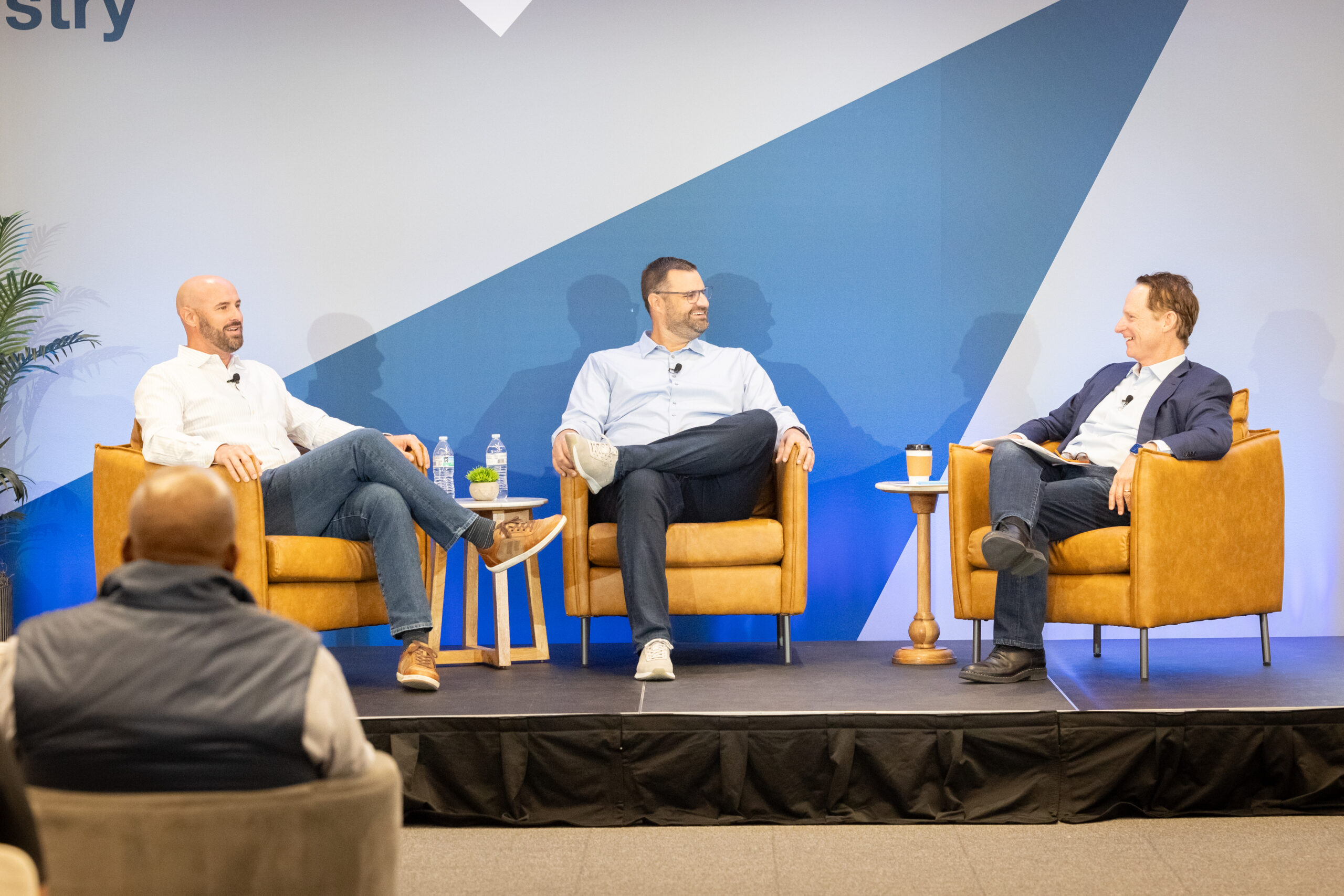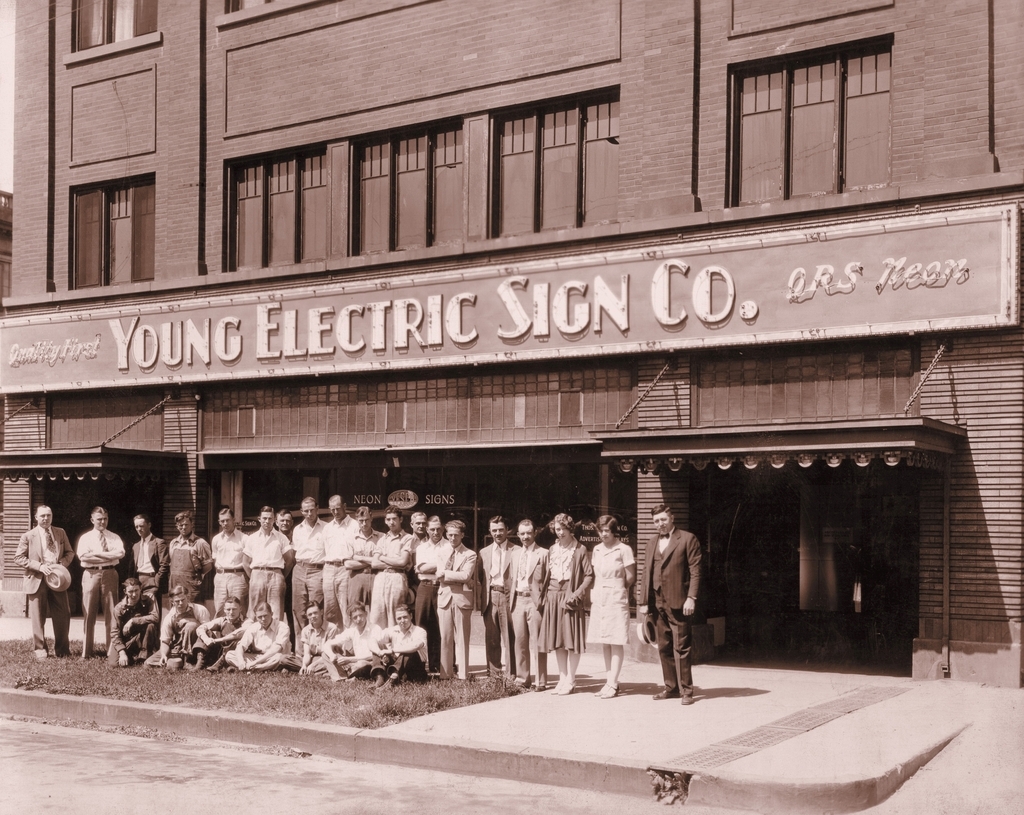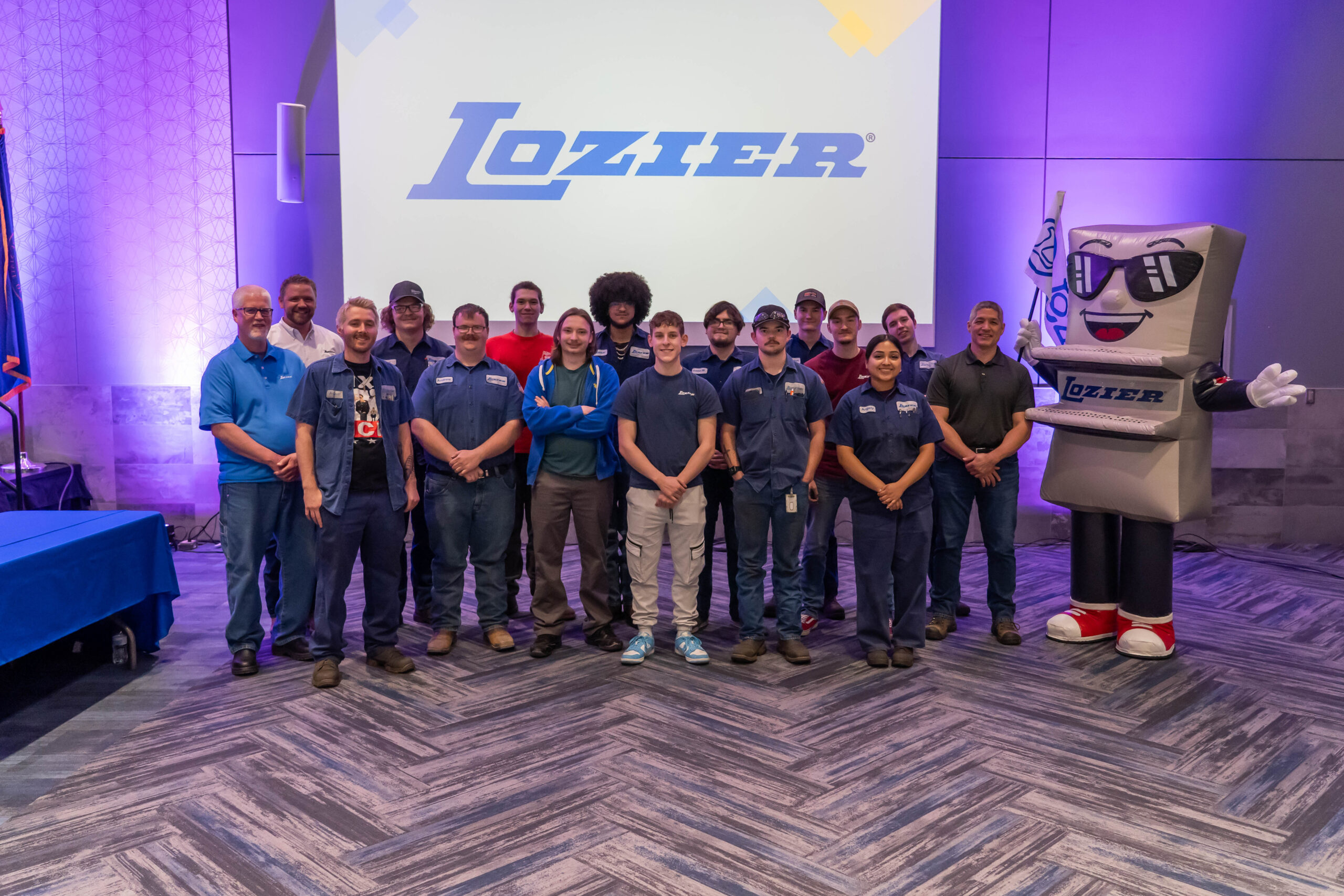

Profiting from Millennials
- John Burns
- John Burns Real Estate Consulting
There has been so much discussion about millennials, yet who do we really mean when we talk about millennials? Millennials include 32-year-old parents with college degrees and 10 years of work experience as well as high school seniors. Mark Zuckerberg and my high-school-age daughter Kelsey are both considered millennials, yet their interests and stages in life could not be more different. So how do we start to understand this group, which is poised to become a crucial demographic for all Evergreen entrepreneurs?
New Frameworks You Can Use
We started an in-depth demographics research project to become better advisors to our homebuilding-industry clients and quickly realized that we could help executives in all industries. Some 9,000 hours of research later, we published our findings in our new book: Big Shifts Ahead: Demographic Clarity for Businesses. In this article, we will highlight some of the millennial findings.
We decided to dig deeper and come up with better definitions for millennials and all generations. We analyzed the population by age, creating new generational definitions by decade born that dated all the way back to the 1930s. We gave each decade a name that represented one of the great demographic shifts they led, such as saving, work/family balance and the sharing economy. We found that businesses that identified these shifts prospered, while others failed.
We identified four major influencers of demographic shifts, noting that the same influence affected the generations differently based on their age at the time. These four big influencers (call them disruptors, if you like) are:
- Government policies
- Economic cycles
- Technological advances
- Shifts in societal acceptibility
The millennials born in the 1980s are different from those born in the 1990s and far different from their parents. While both the 1980s and 1990s generations number 44 million in size and comprise 3 million more people than those born in the 1970s, they spend very differently.
Older Millennials
1980s millennials, whom we dub the 1980s Sharers for their contributions to creating the sharing economy, have higher college graduation rates than any generation before them and graduated into the worst economy in more than 80 years. Compared with those born just 10 years earlier, they were 7 percent more likely to be living with their parents and 10 percent more likely to be single and childless at their 10-year high school reunion. Today, they have already formed 20 million of their 24 million households and are starting families and moving to the suburbs in increasing numbers.
Because of the economic disruption early in the Sharers’ adult lives, they borrow less and spend wisely. They will share your products and services with others if that makes financial sense. More than half (56 percent) of people under age of 35 said they would willingly share their location to get a discount coupon compared to 42 percent of those over 35. This group has no qualms about paying to jump into a stranger’s car or stay in a stranger’s house, partially because someone has shared that the stranger is safe.
Younger Millennials
1990s millennials, whom we dub the 1990s Connectors for the connections they keep on their smartphones, continue to graduate into a slowly growing economy. Jobs have been increasingly easy to attain for most, yet many remain underemployed because their skills and desires don’t match employers’ needs. Compared with the 1980s Sharers at the same age, 4 percent fewer drive, 3 percent more live with their parents, and another 3 percent more live with roommates. Observing what happened to the older millennials, they behave quite conservatively and take few risks.
Connectors watched their parents, and older millennials, go through the Great Recession. Many of them experienced real financial struggles as children and were the first generation to experience staycations instead of vacations. As a result, they spend cautiously, eschewing credit in favor of debit cards.
In a survey, 73 percent of Connectors agreed that as a society, we have given up on the concept of privacy. That means they are willing to share lots of information in return for convenience and discounts. That attitude gives companies a lot of room to collect valuable information on these potential customers.
Connectors use their phones for just about everything. They trust reviews by strangers and deplore salespeople because they would like to eliminate all middle men, instead purchasing what they need on their phones. Sell to them directly. Make it as easy as possible for them to buy on their phone. Make sure their friends tell them great things about your products and services. Connect with them.
A New Buyer
Most Evergreen CEOs have perfected selling to their peers, who tend to be 1950s Innovators, 1960s Equalers and 1970s Balancers. We understand them. Millennials — 1980s Sharers and 1990s Connectors — behave much differently. To improve our sales and marketing to these young adults as well as all of our customers:
- Change the internal marketing conversation from broad identifiers such as “millennials” to more specific categories, such as the decade in which they were born.
- Enhance the decade-born discussion to include life stage (single, married with kids, etc.), gathering as much data as possible about them.
- Recall how the four big influencers (government policy, economic cycles, new technologies and societal shifts) affected each group, especially in their teen years.
By segmenting the generations this way, I believe companies can have far more productive sales and marketing meetings, targeting their customers more effectively and thus growing profits. It is clear to me that the millennials born in the 1980s and 1990s will be the driving force of the economy for years to come, and Evergreen companies need profits from the millennials to accomplish their Purpose.
John Burns is the CEO of John Burns Real Estate Consulting.
More Articles and Videos

Fireside Chat with Dave Thrasher, Dan Thrasher, and Dave Whorton
- Dave Thrasher, Dan Thrasher, & Dave Whorton
- Supportworks and Thrasher Group

Get Evergreen insight and wisdom delivered to your inbox every week
By signing up, you understand and agree that we will store, process and manage your personal information according to our Privacy Policy






